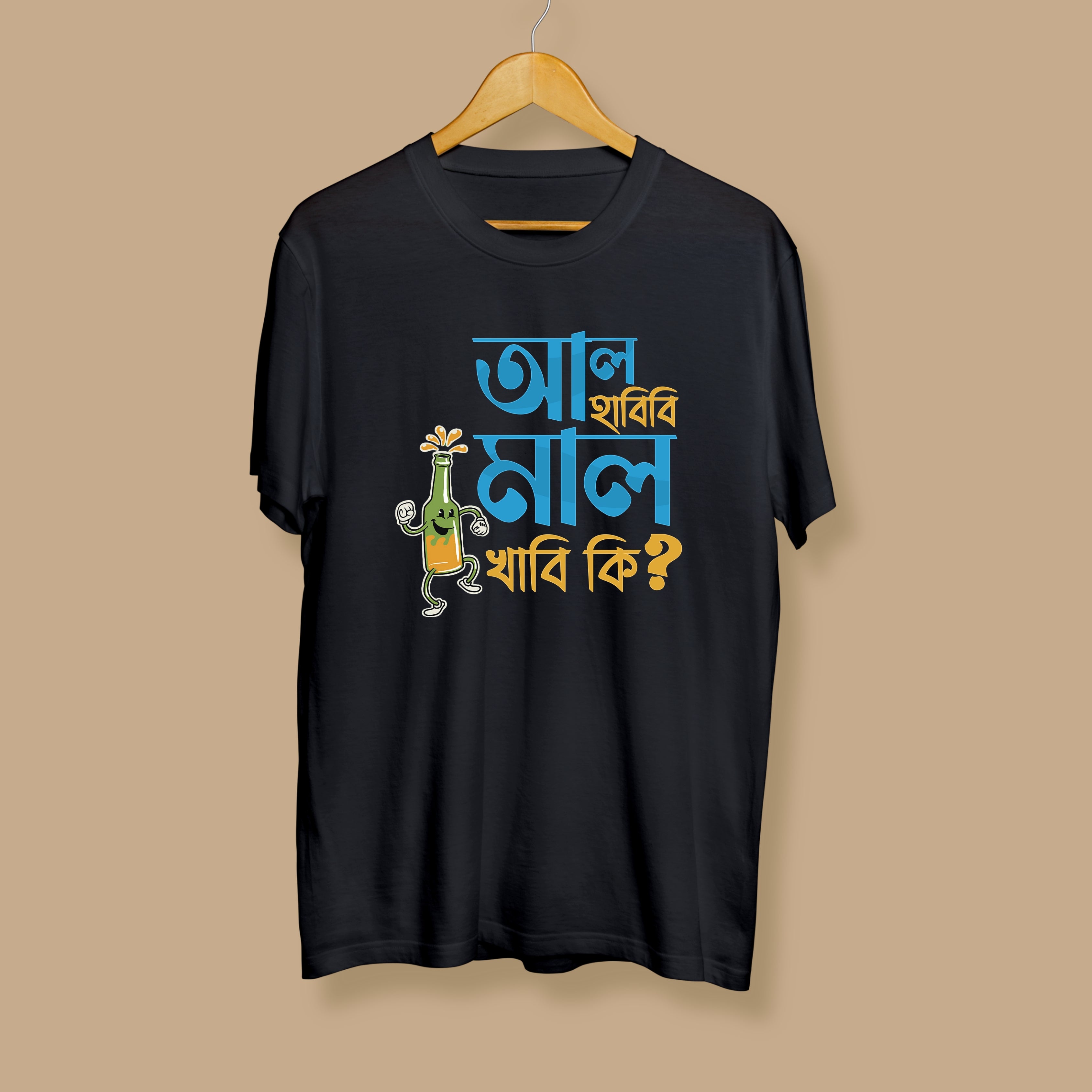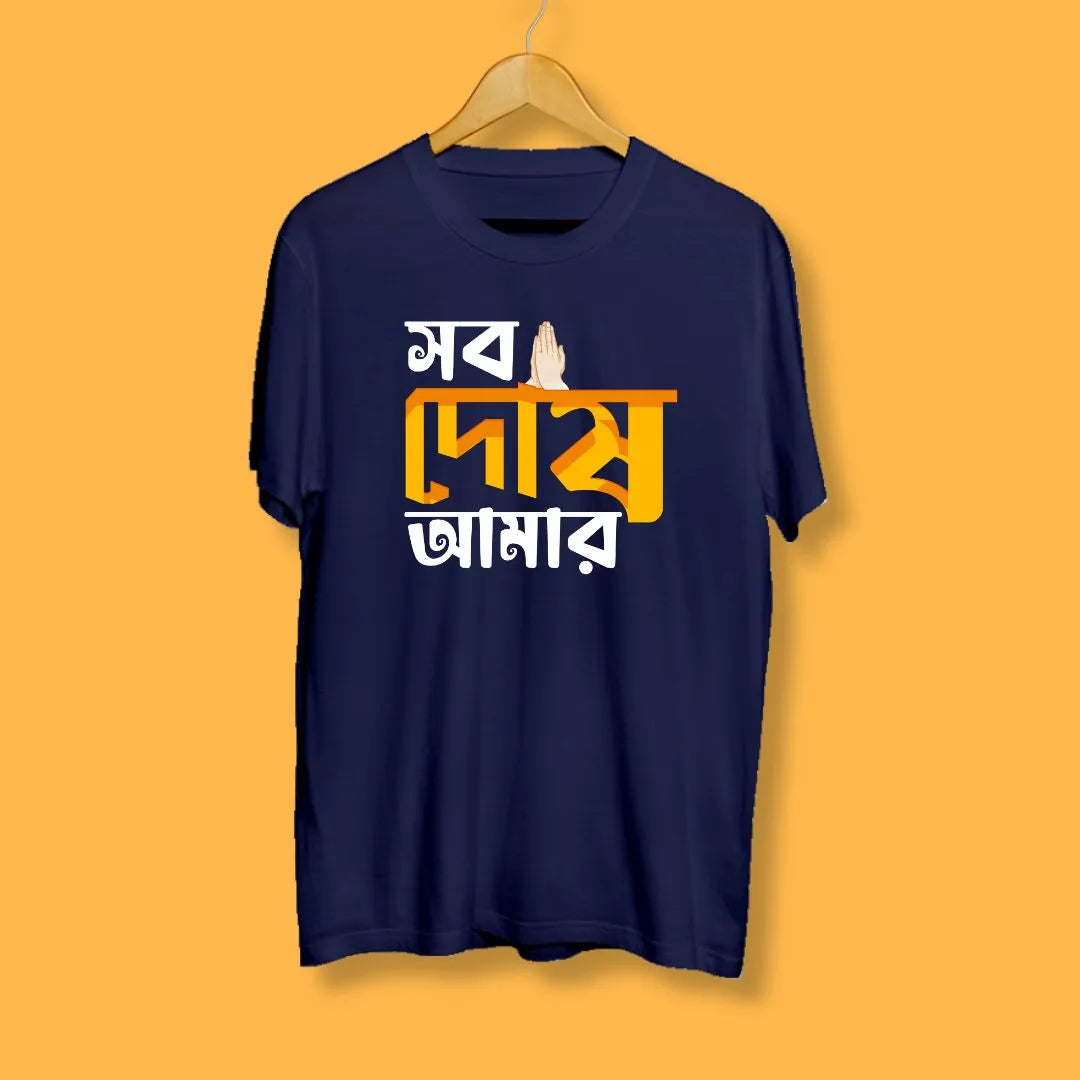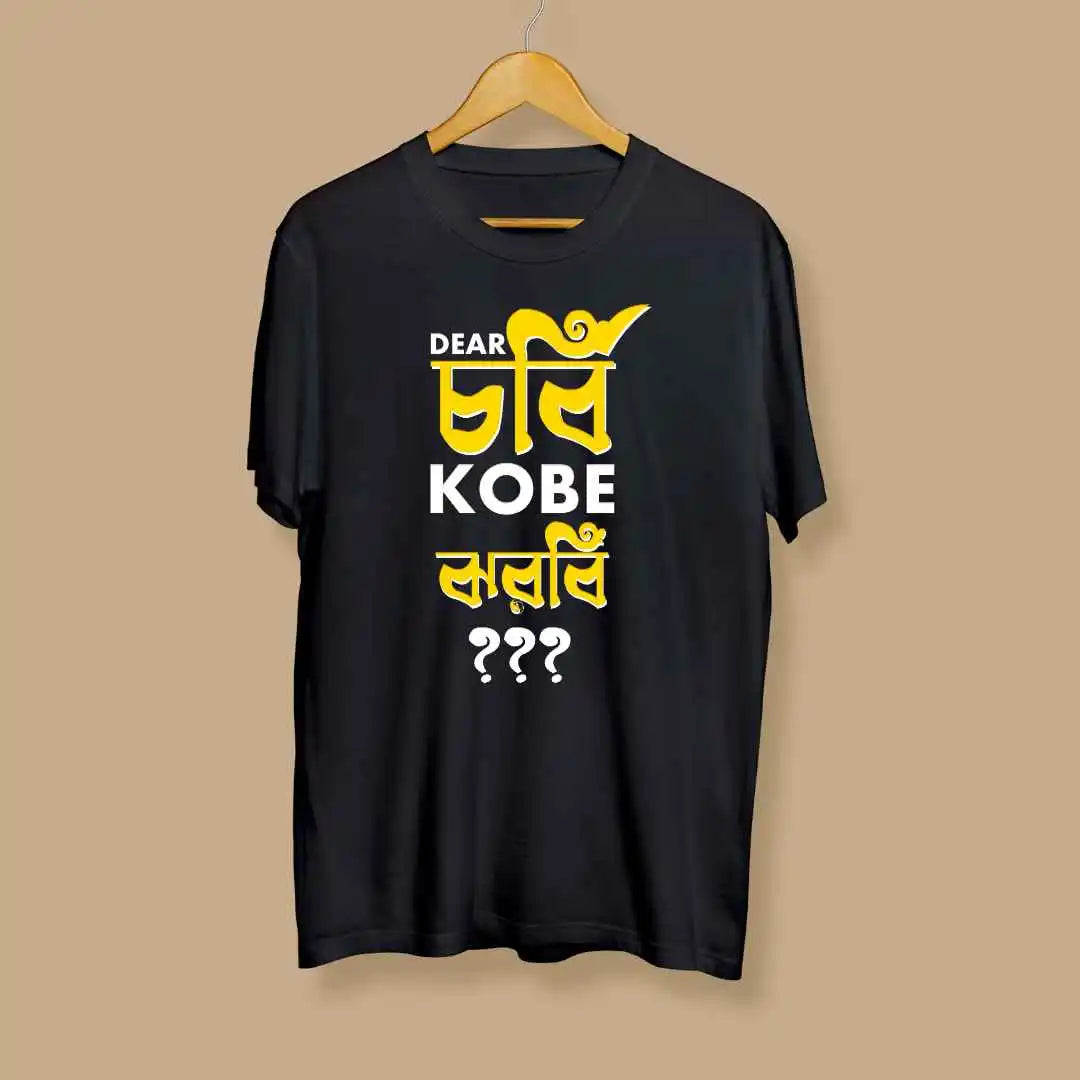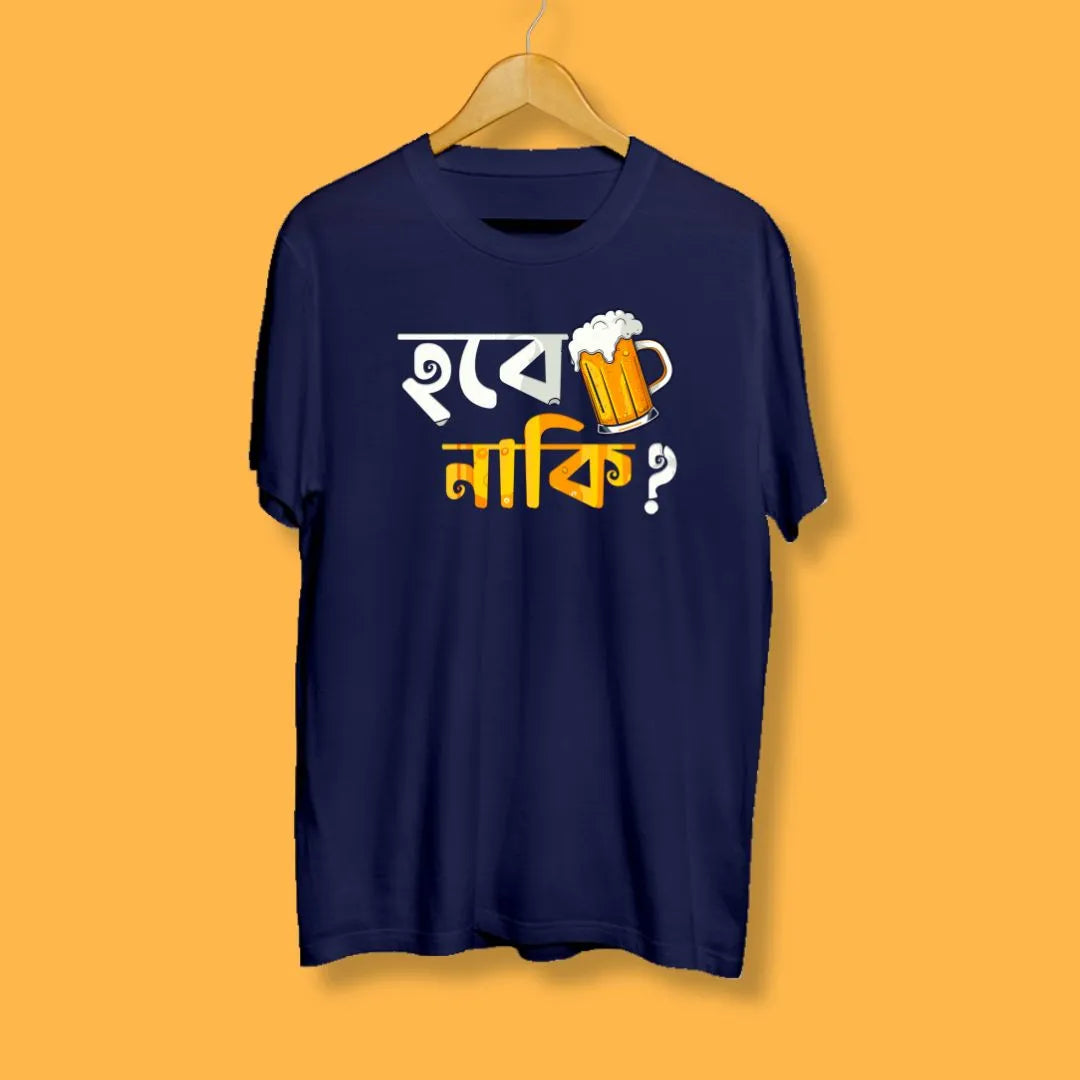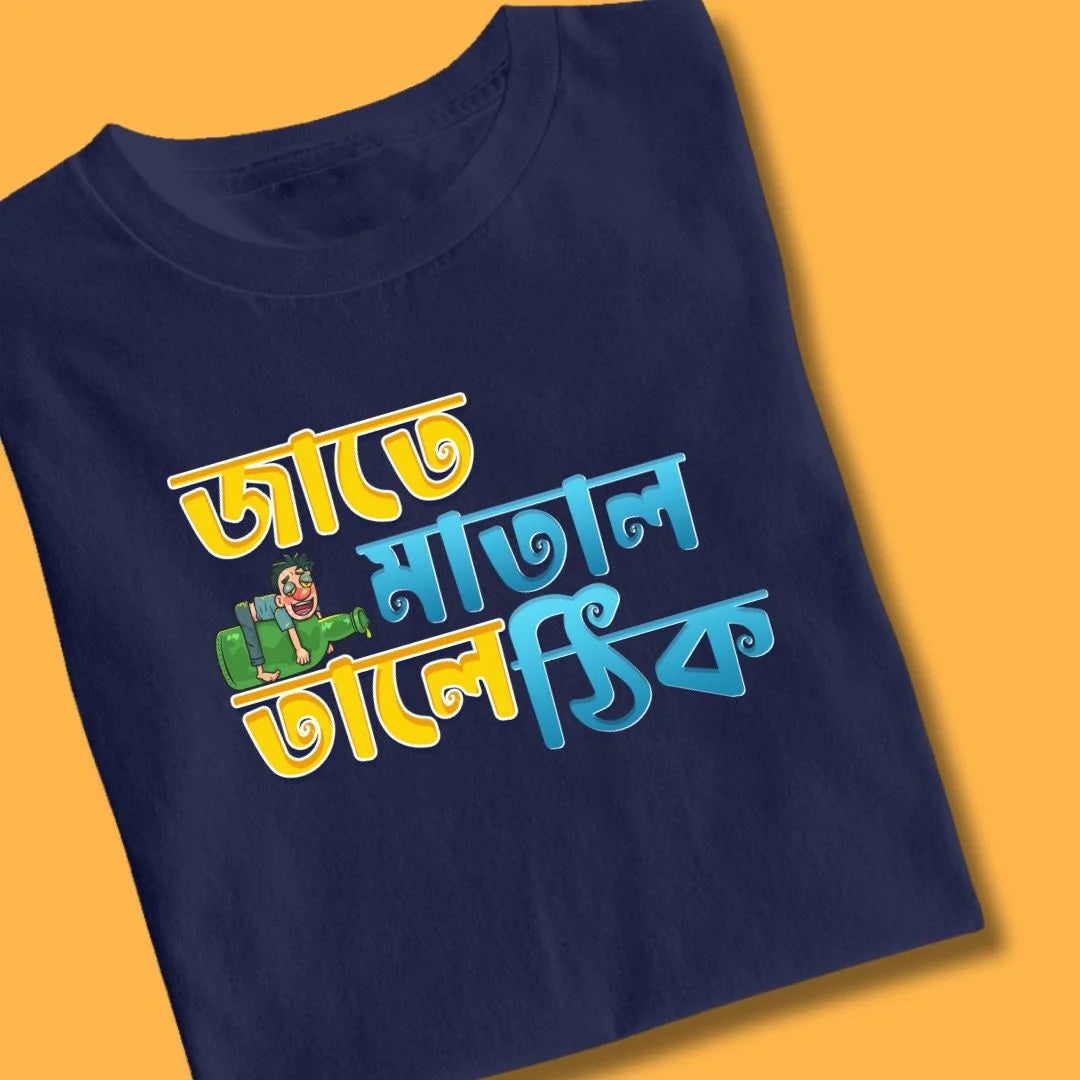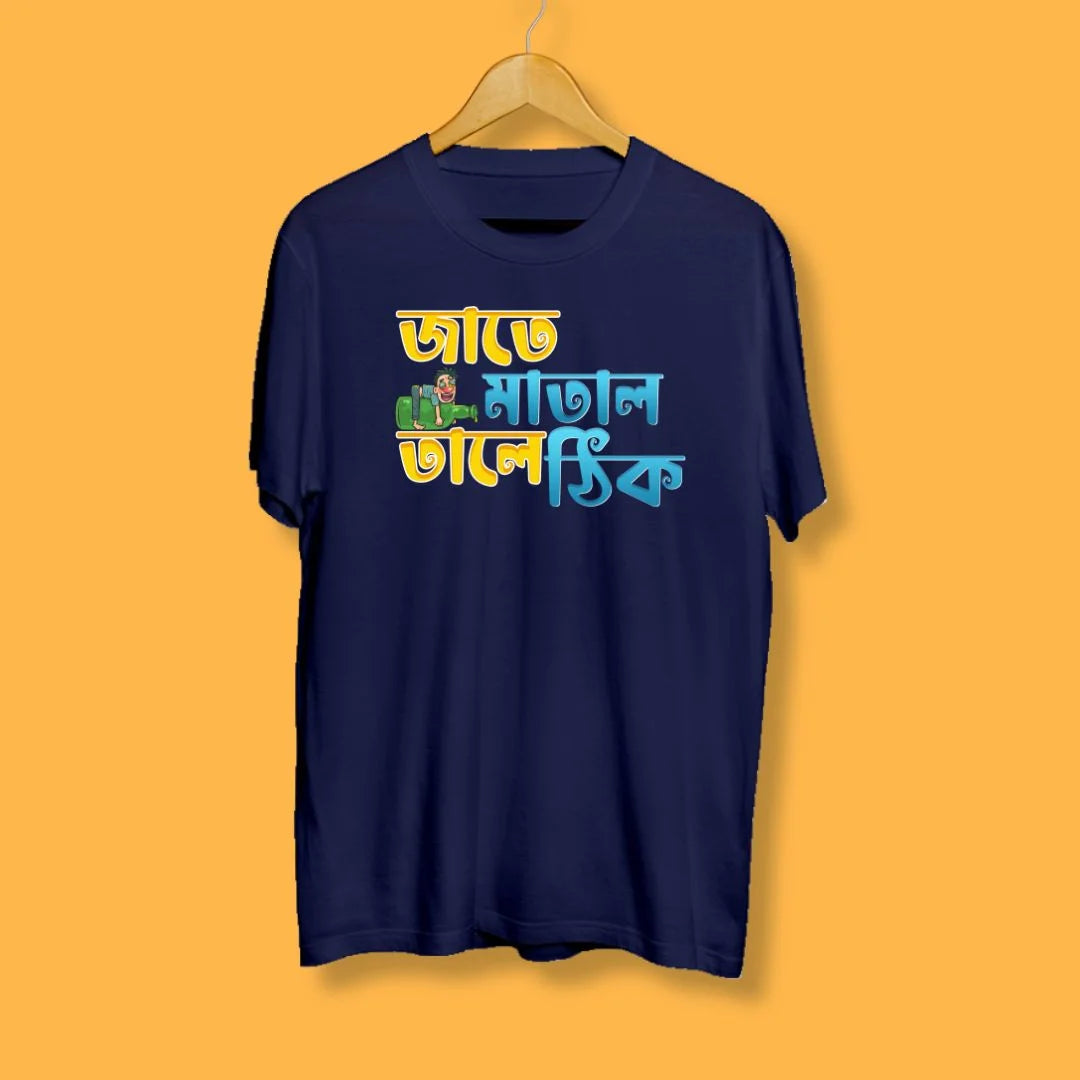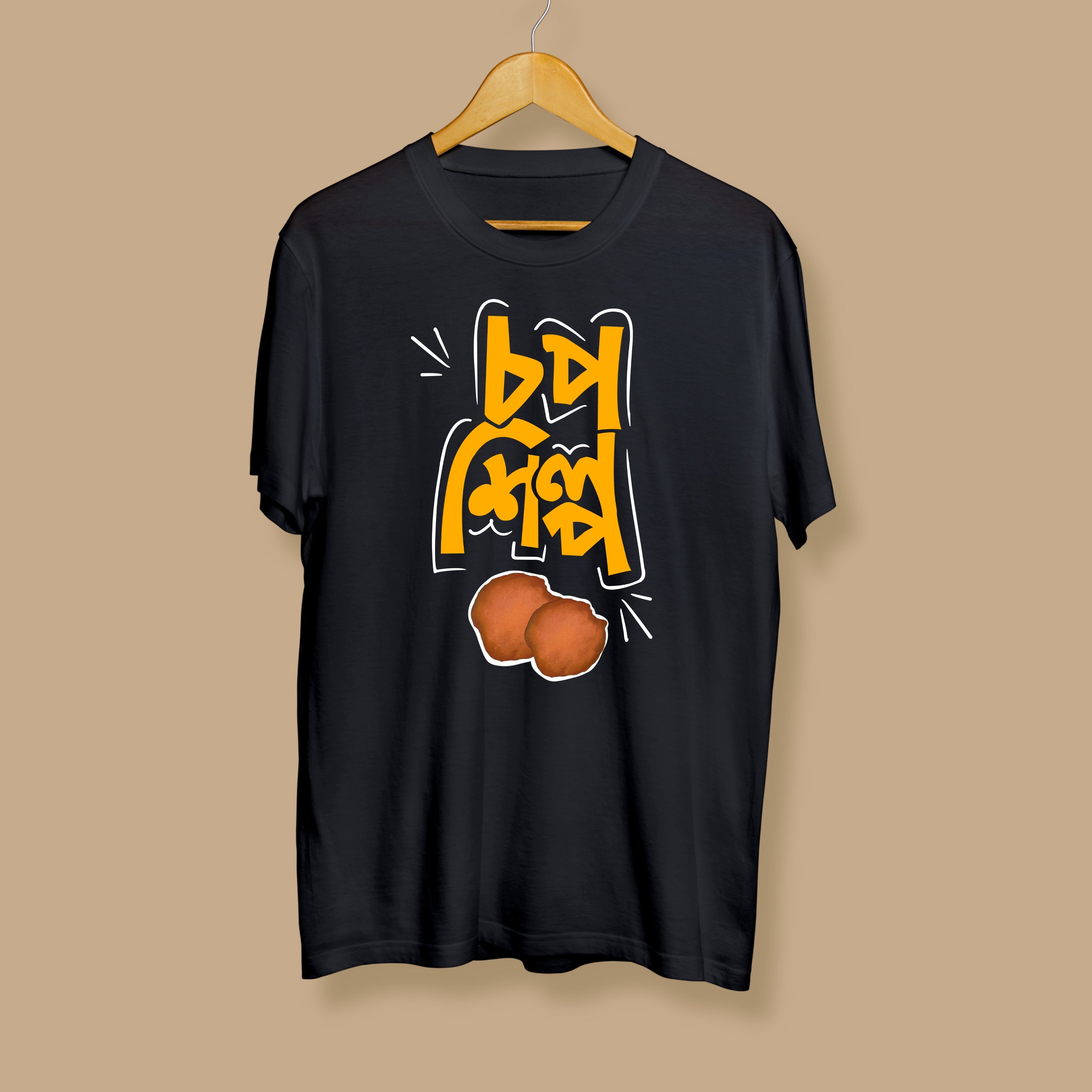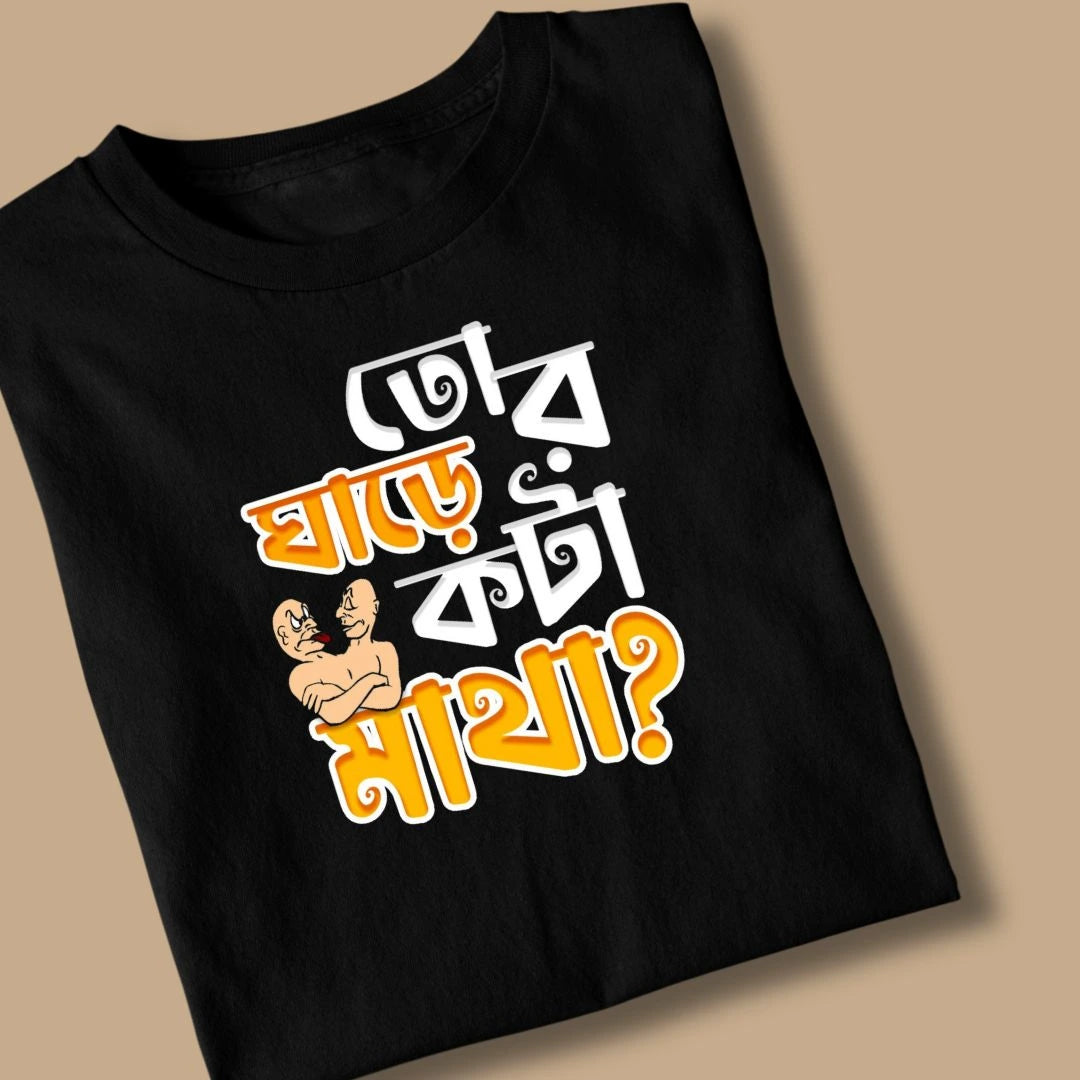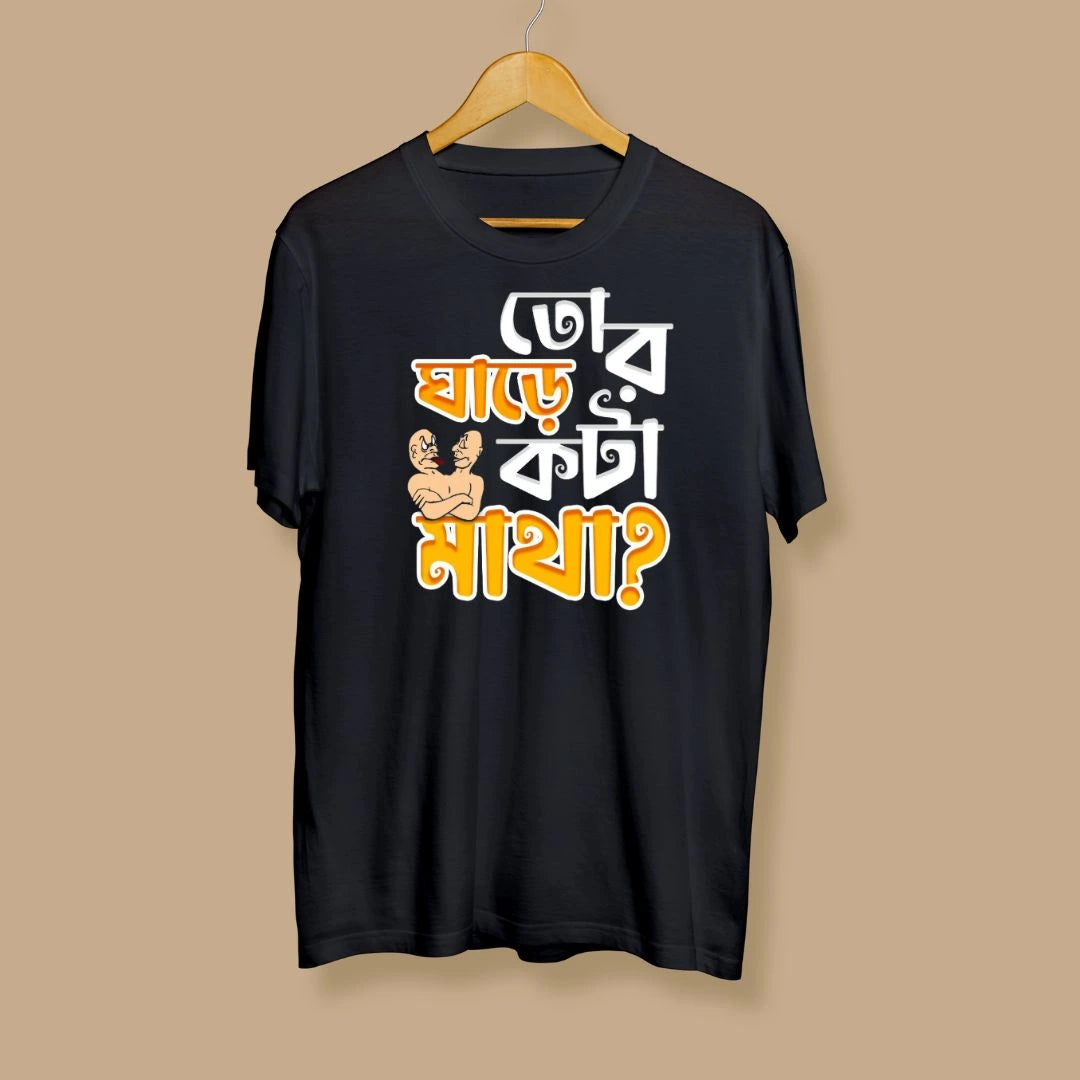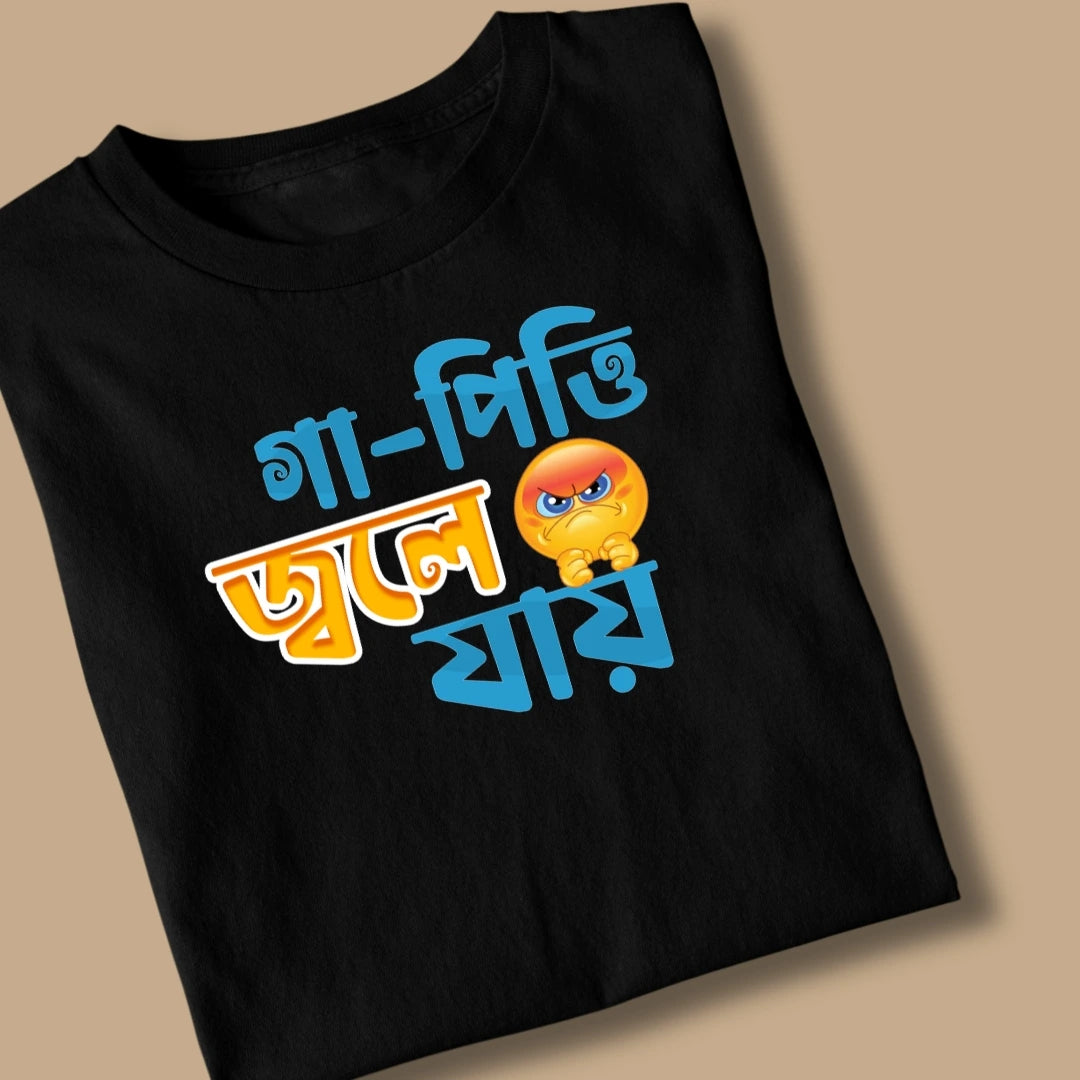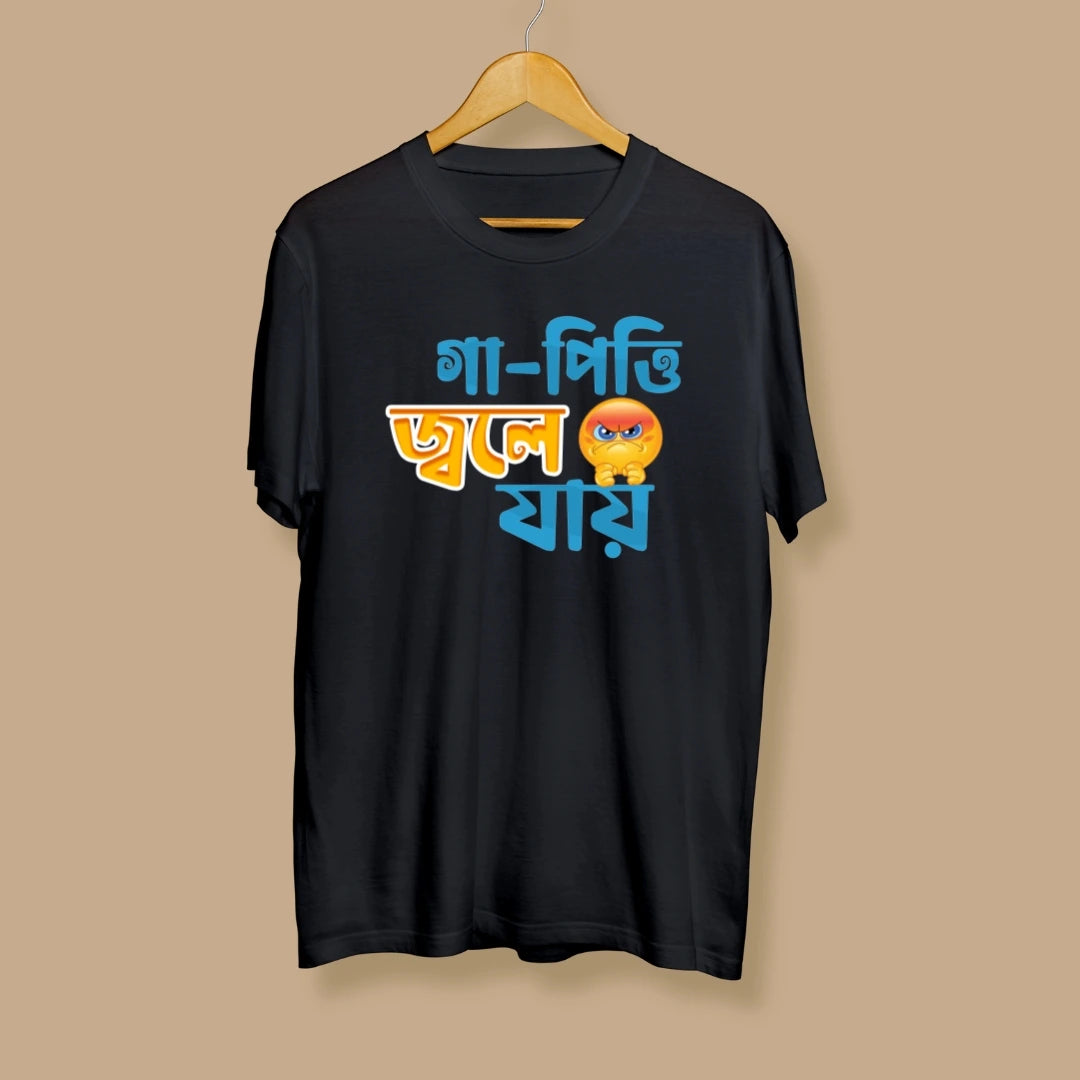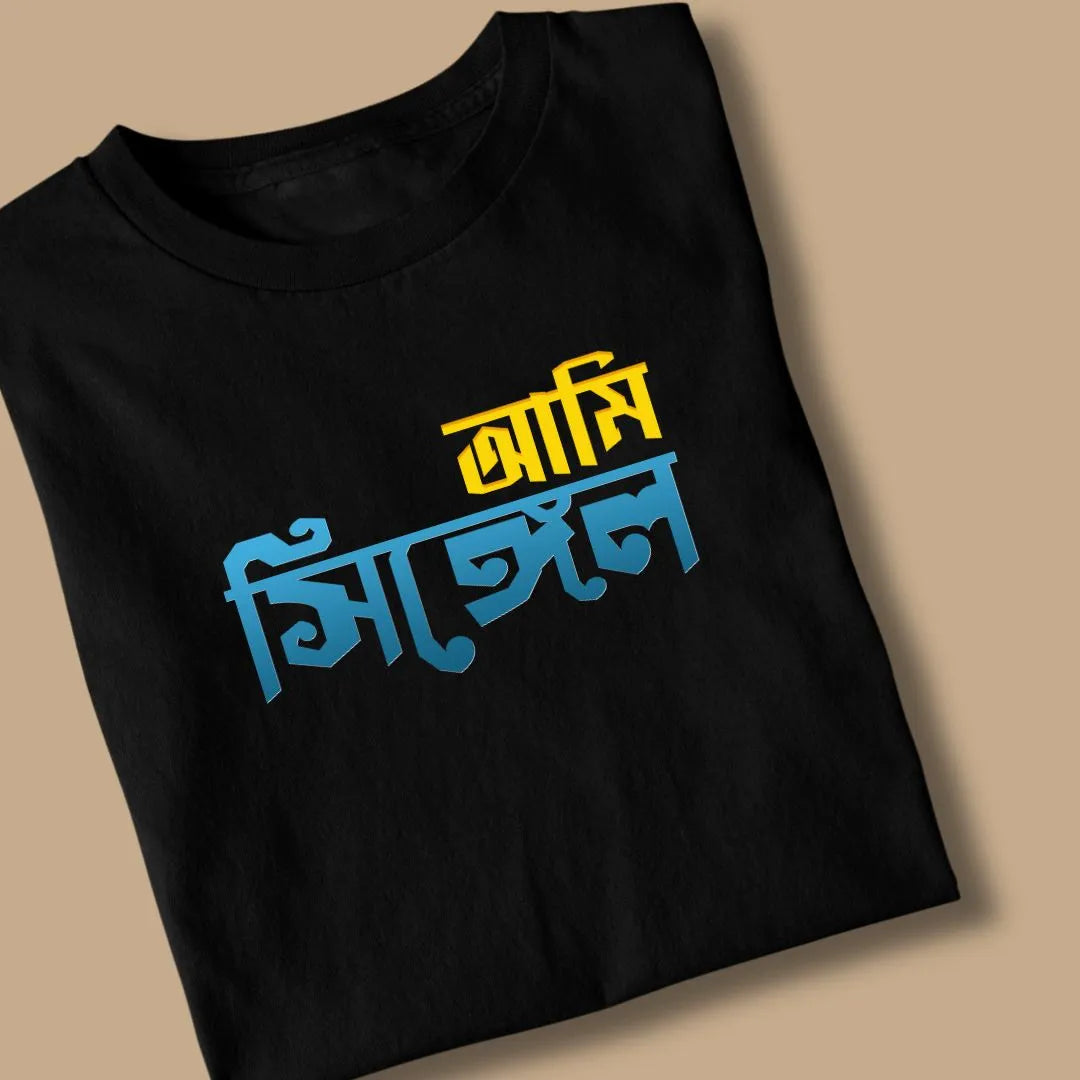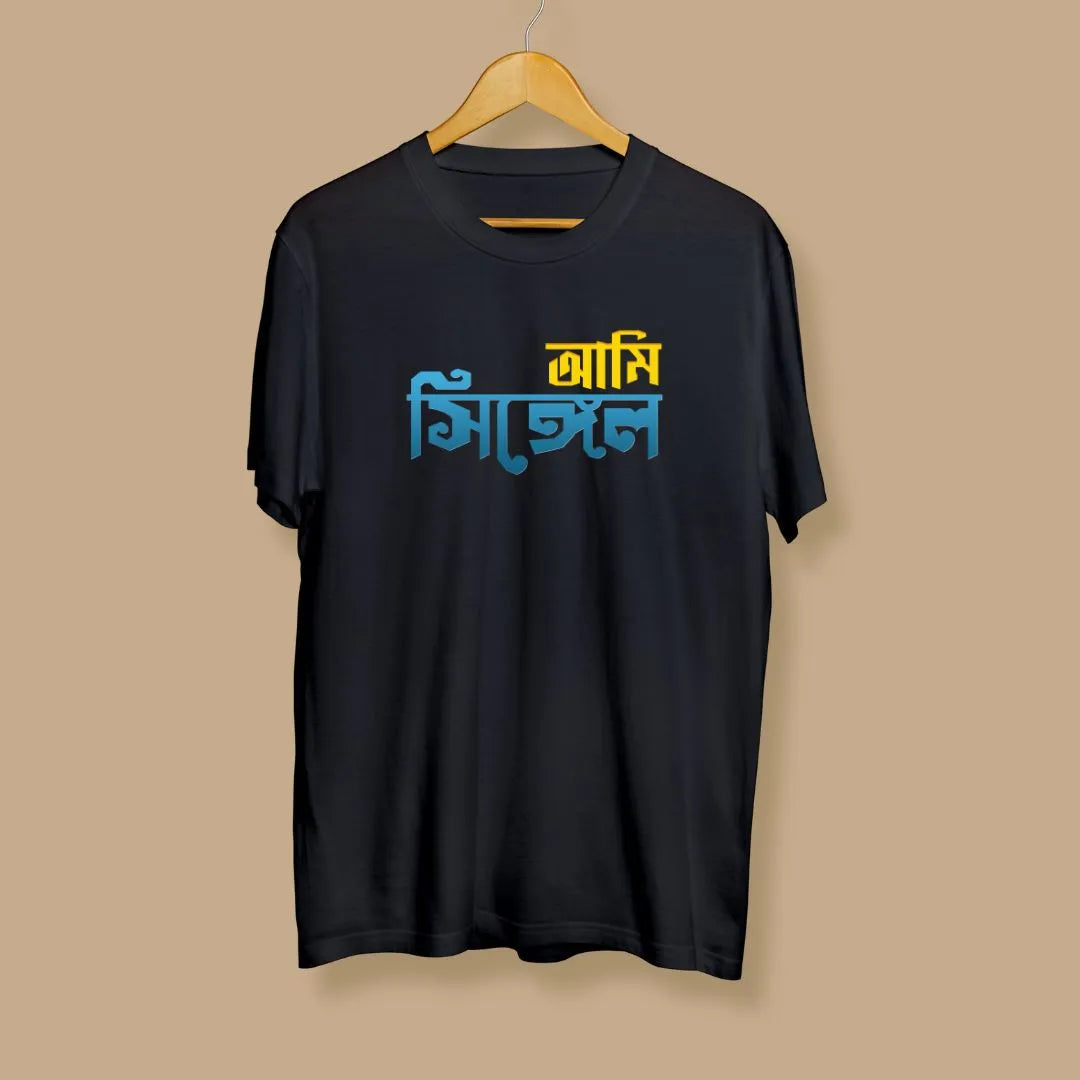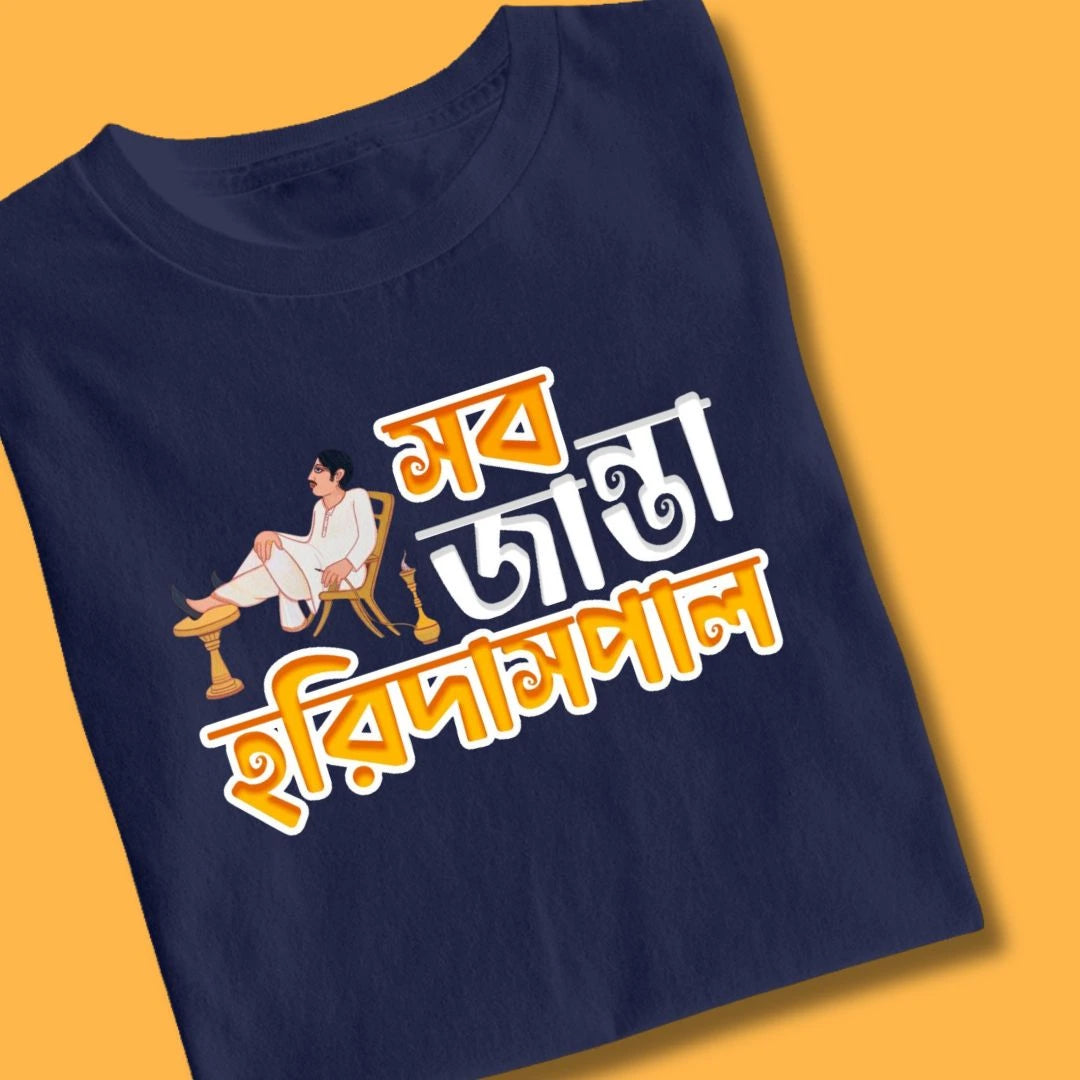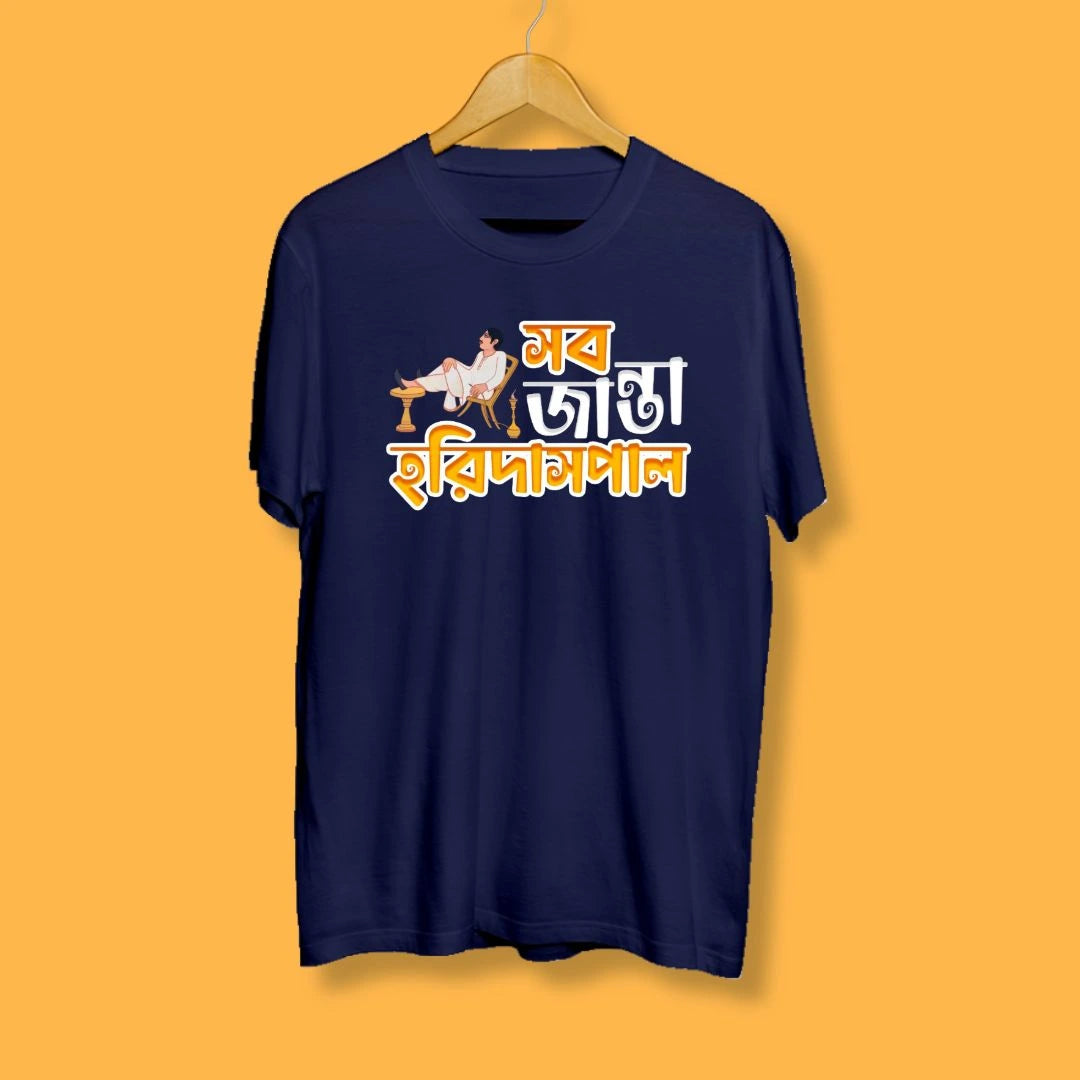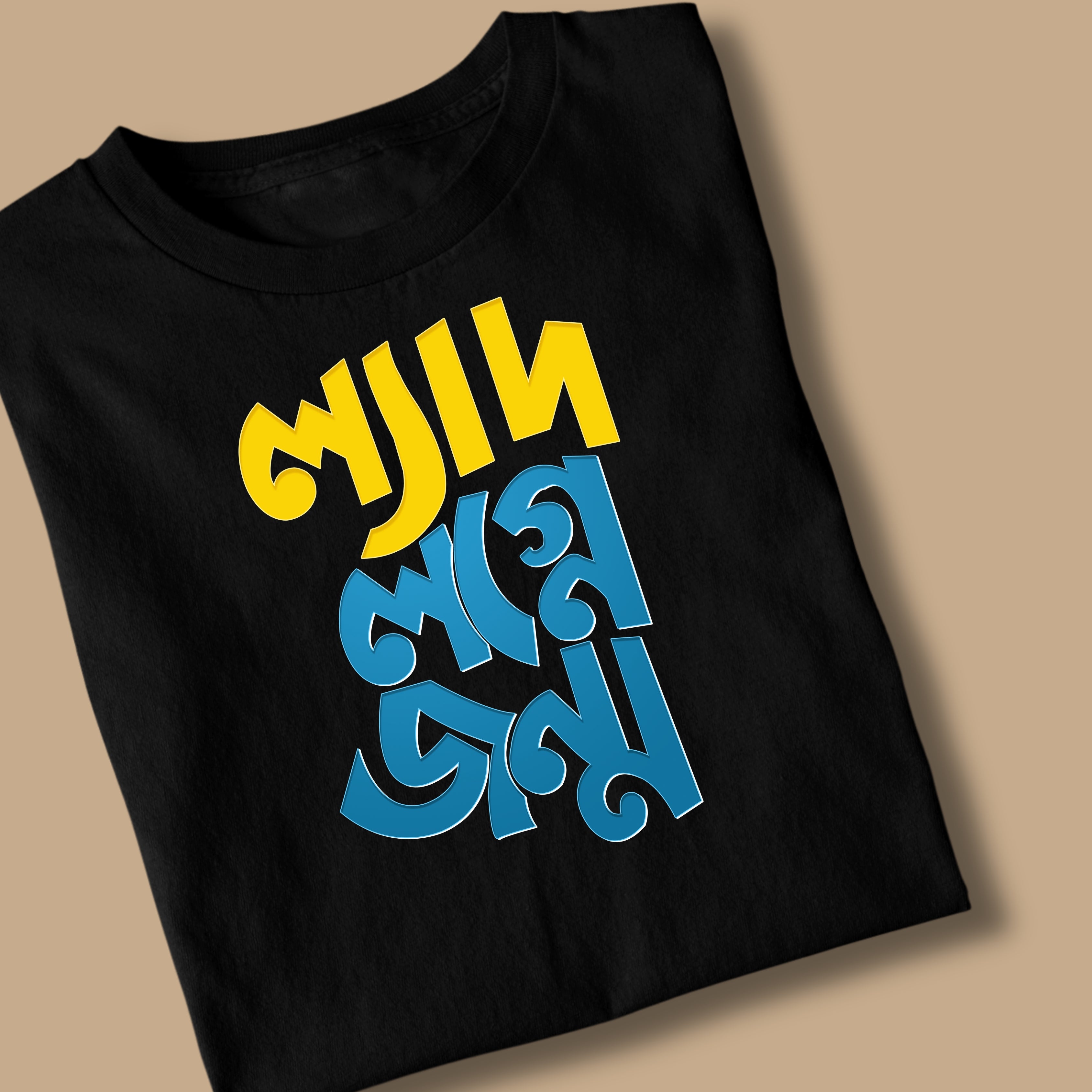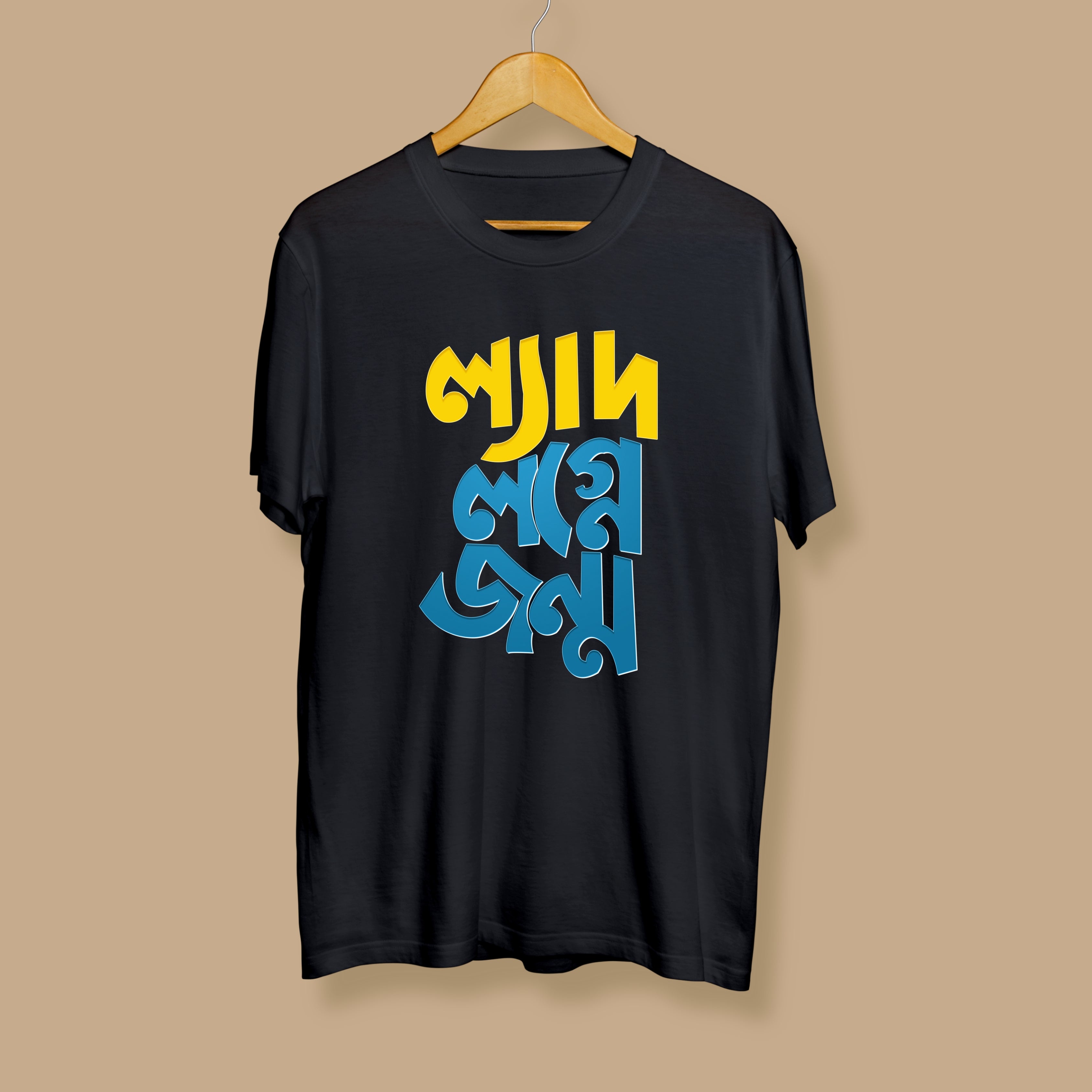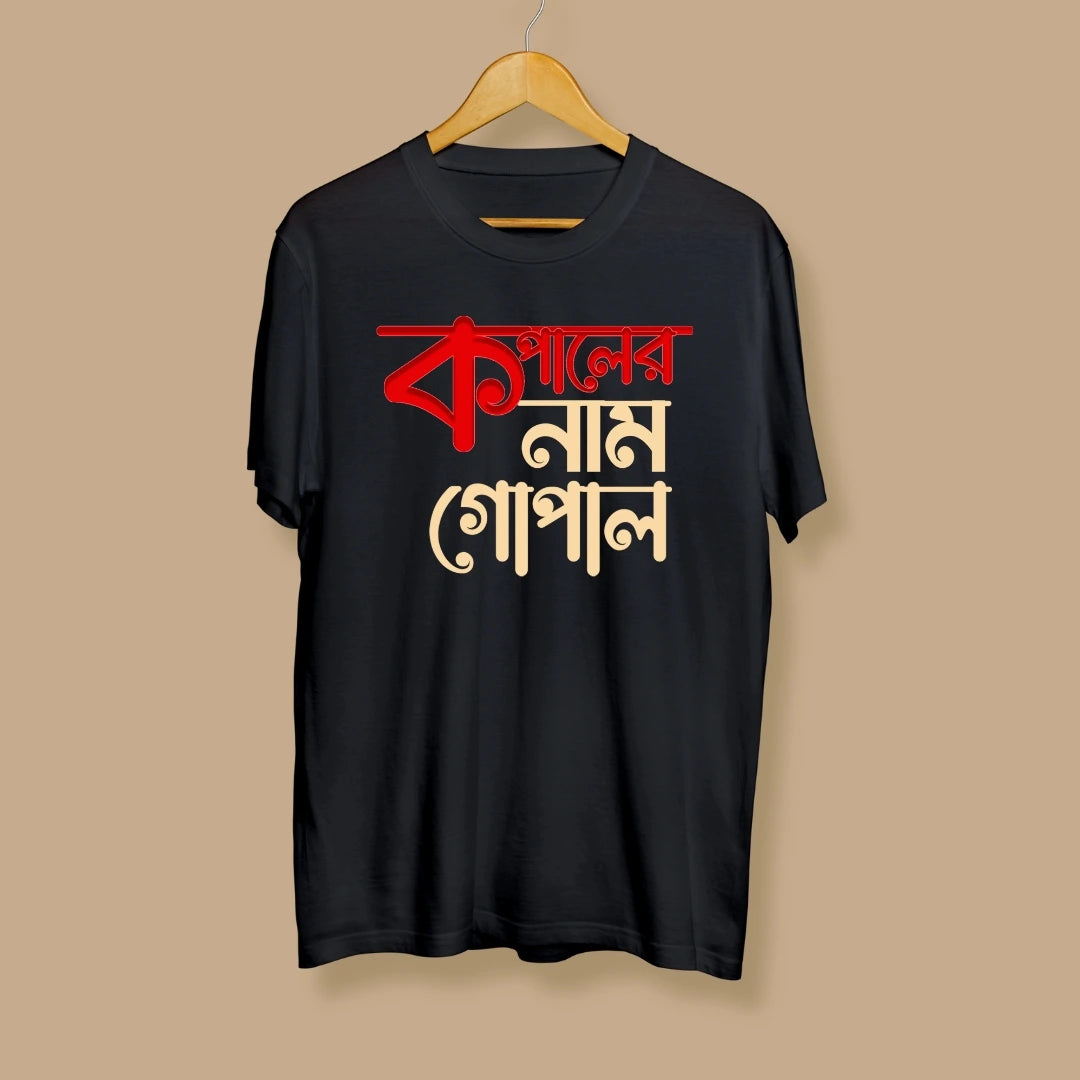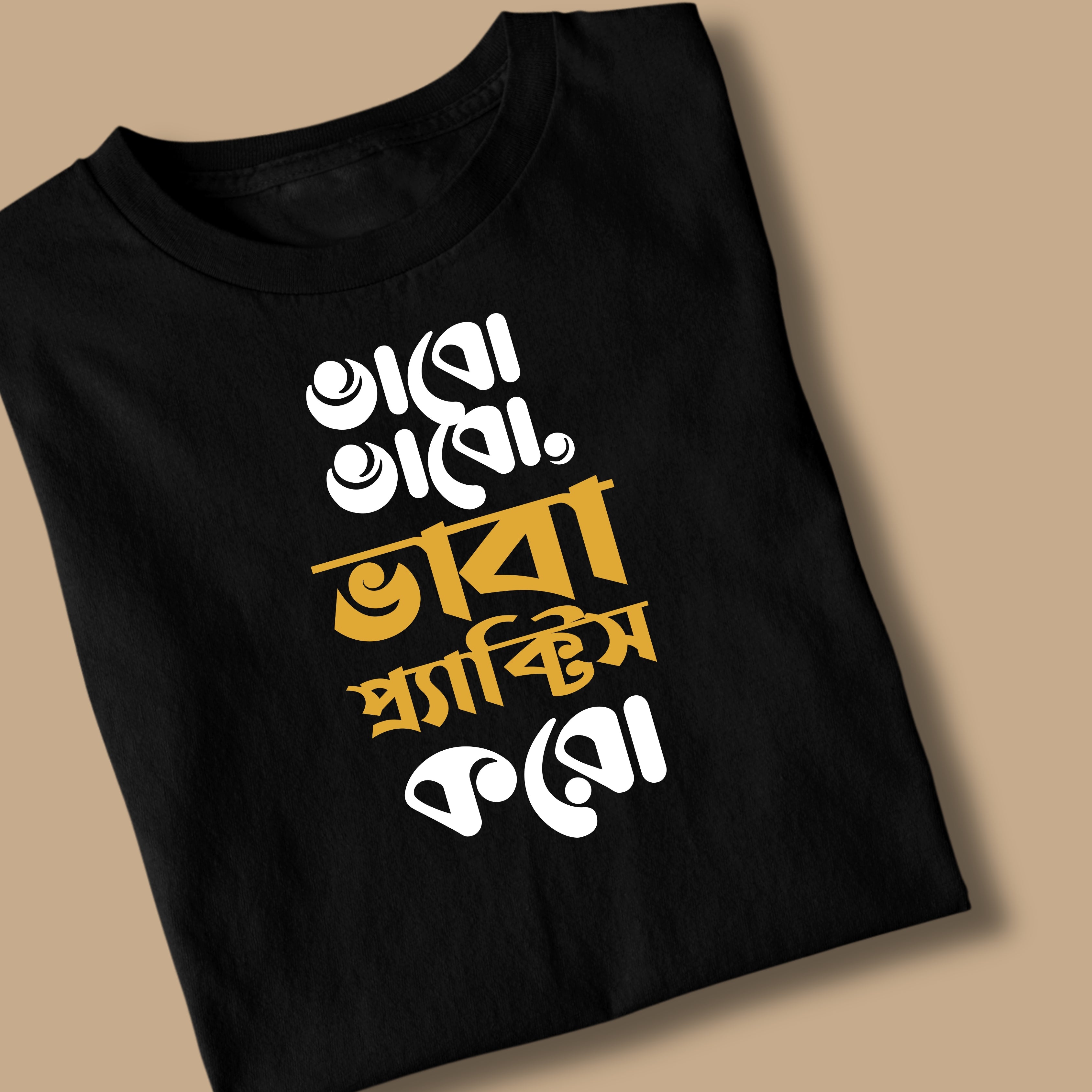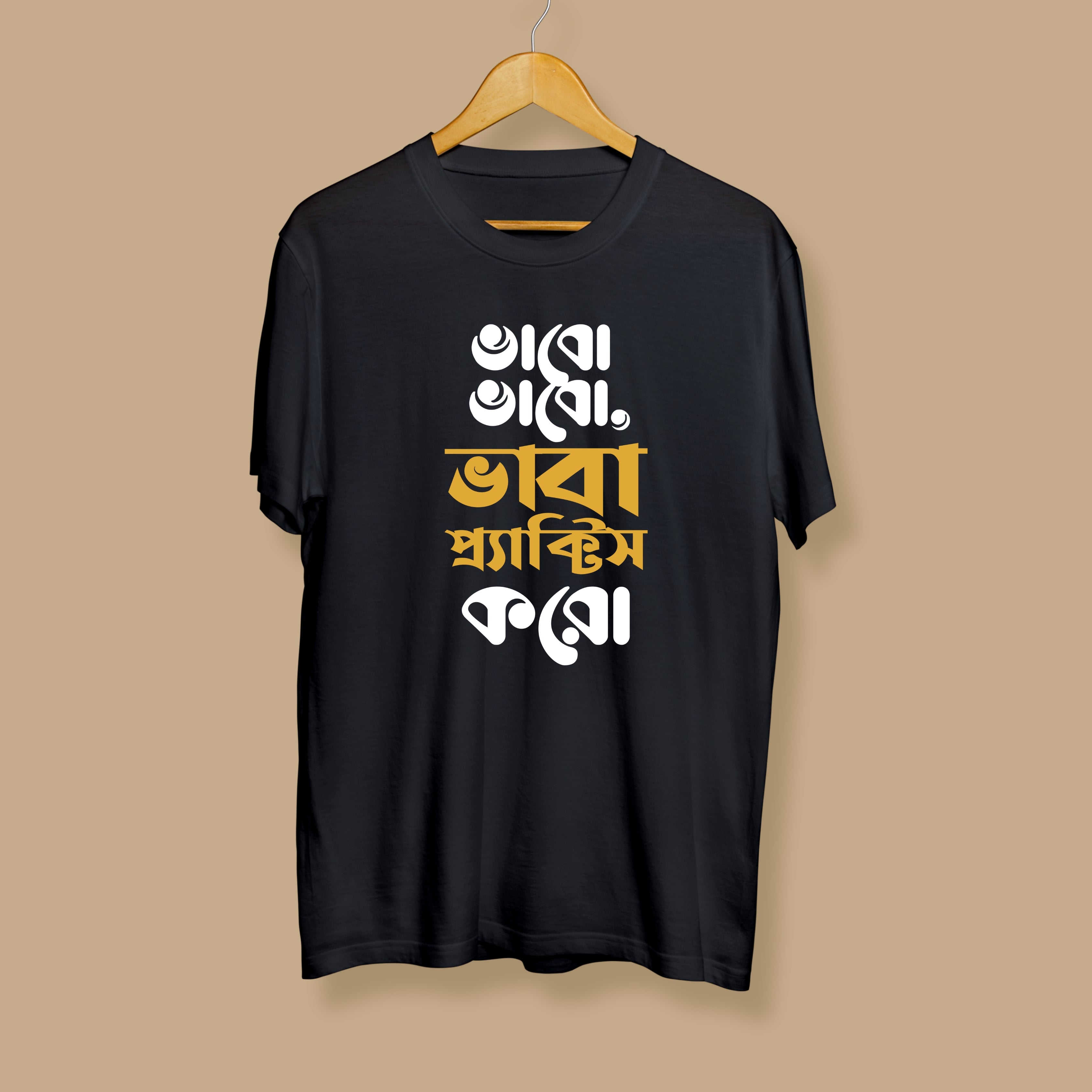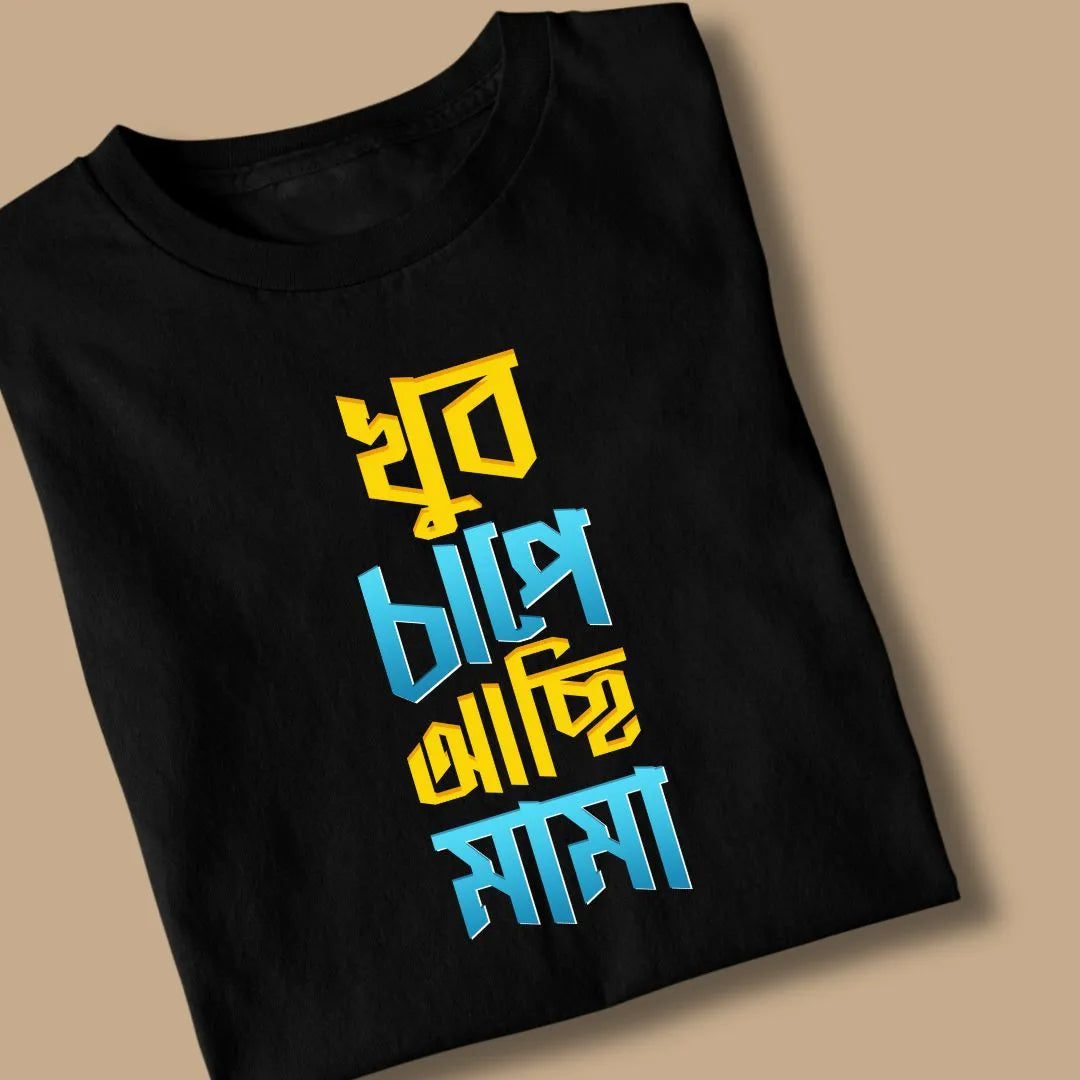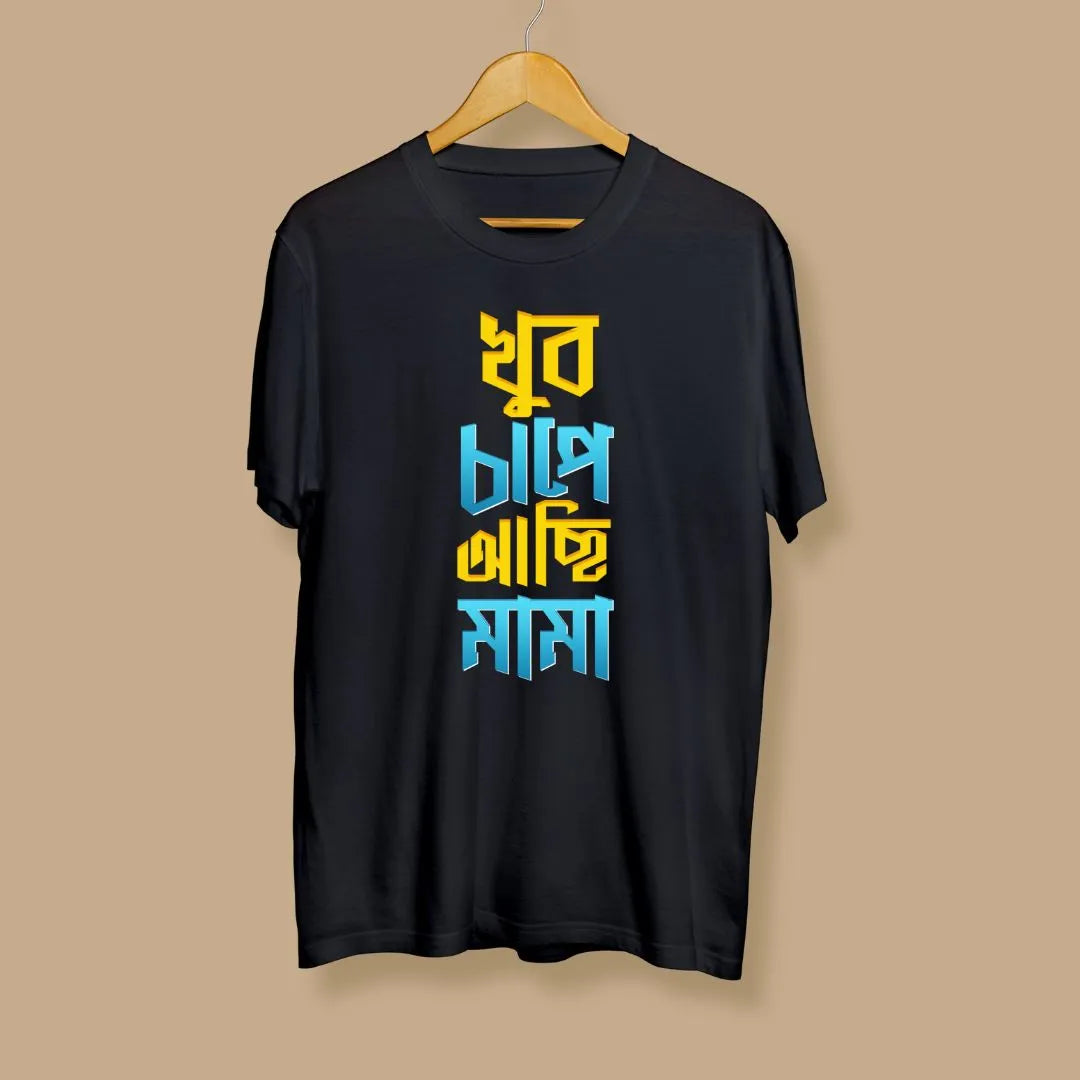
Sustaining Style Eco-Friendly Fashion in Bengali Printed T-shirt Production.

In today's rapidly evolving fashion industry, sustainability has become more than just a buzzword; it's a movement towards a greener, more responsible future.
Amidst this shift, Bengali-printed T-shirts stand out not only for their vibrant designs but also for their commitment to eco-friendliness.
Let's explore the world where tradition meets sustainability in Bengali-printed T-shirt production.
The Rich Tapestry of Bengali Culture
Bengal, known for its rich culture and heritage, has long been a source of inspiration for artists and designers worldwide. From intricate patterns to symbolic motifs, Bengali artistry reflects a deep connection to nature and tradition. These elements are seamlessly integrated into the designs of Bengali printed t-shirts, creating pieces that are not only visually appealing but also culturally significant.
Embracing Eco-Friendly Practices
In recent years, there has been a growing awareness of the environmental impact of fashion production. To address this concern, many Bengali printed t-shirt manufacturers have embraced eco-friendly practices throughout their production process. This includes:
Sustainable Materials:
Utilizing organic cotton and other sustainable fabrics is fundamental to eco-friendly production. Organic cotton is grown without synthetic pesticides or fertilizers, reducing water consumption, soil degradation, and the release of harmful chemicals into the environment. Manufacturers minimize their ecological footprint by opting for sustainable materials while promoting biodiversity and supporting farmers' livelihoods.
Water-Based Inks:
Traditional printing methods often use solvent-based inks containing volatile organic compounds (VOCs) that are harmful to human health and the environment. In contrast, water-based inks are formulated using natural pigments and binders, reducing the emission of VOCs and hazardous air pollutants. Moreover, water-based inks are biodegradable and less energy-intensive to manufacture, further contributing to sustainability efforts.

Energy-Efficient Practices:
Implementing energy-efficient technologies and processes is crucial for reducing carbon emissions and conserving natural resources. This may include optimizing production workflows, investing in energy-efficient machinery, and utilizing renewable energy sources such as solar or wind power. Manufacturers mitigate their environmental impact by minimizing energy consumption and contributing to the transition towards a low-carbon economy.
Waste Reduction and Recycling:
Minimizing waste generation and maximizing recycling are integral components of eco-friendly production. Manufacturers can achieve this by implementing waste reduction strategies such as lean manufacturing principles, reusing materials wherever possible, and comprehensive recycling programs for waste materials such as fabric scraps and packaging materials. By closing the loop on resource utilization, manufacturers reduce their reliance on virgin materials and decrease the burden on landfills.
Ethical and Transparent Supply Chains:
Ensuring fair labor practices and transparency throughout the supply chain is essential for ethical production. This involves collaborating with suppliers who adhere to labor rights standards, providing safe working conditions, and offering fair wages and benefits to workers. Manufacturers uphold human rights and social justice principles by prioritizing ethical considerations while fostering trust and accountability within the industry.
Community Engagement and Support:
Engaging with local communities and supporting artisanal craftsmanship is integral to preserving cultural heritage and promoting socio-economic development. Manufacturers can achieve this by sourcing materials locally, collaborating with indigenous artisans, and reinvesting profits into community initiatives such as education, healthcare, and infrastructure development. Manufacturers contribute to sustainable development and strengthen social cohesion by empowering local communities.

Making a Statement with Sustainable Fashion
Making a statement with sustainable fashion goes beyond simply wearing eco-friendly clothing; it's about actively expressing values and advocating for positive change in the fashion industry. Here's an elaboration on how sustainable fashion serves as a statement:

Environmental Consciousness: Choosing sustainable fashion sends a powerful message of environmental consciousness. By opting for garments made from organic, recycled, or upcycled materials, individuals demonstrate their commitment to reducing the environmental impact of clothing production. This choice highlights the importance of preserving natural resources, minimizing pollution, and combating climate change, inspiring others to adopt more sustainable consumption habits.
Ethical Considerations: Sustainable fashion also reflects a commitment to ethical considerations such as fair labor practices, transparency, and social responsibility. By supporting brands that prioritize worker rights, provide safe working conditions, and ensure fair wages throughout the supply chain, consumers signal their rejection of exploitative labor practices and demand greater accountability within the fashion industry. This emphasis on ethics underscores fashion's interconnectedness with broader social justice issues, encouraging dialogue and action toward positive change.
Promoting Innovation: Sustainable fashion serves as a catalyst for innovation and creativity within the industry. By challenging traditional production methods and embracing alternative materials and technologies, sustainable fashion pioneers inspire innovation and drive positive change across the entire fashion ecosystem. This spirit of innovation fosters collaboration, experimentation, and continuous improvement, ultimately leading to more sustainable and resilient fashion practices.
Cultural Expression: Sustainable fashion allows individuals to express their unique identities and cultural values through clothing. Whether it celebrates traditional craftsmanship, supports indigenous artisans, or showcases cultural heritage through design, sustainable fashion offers a platform for cultural expression and diversity. By embracing clothing that reflects their cultural heritage or personal values, individuals contribute to the richness and diversity of the fashion landscape while challenging conventional beauty standards and promoting inclusivity.
Consumer Empowerment: Sustainable fashion empowers consumers to make informed choices and exercise their purchasing power for a positive impact. Consumers can align their values with their consumption habits by educating themselves about their clothing purchases' environmental and social implications. These support brands aligned with their ethical principles and hold others accountable for irresponsible practices. This consumer activism drives demand for sustainable alternatives, incentivizing brands to prioritize sustainability and transparency in response to market preferences.
Conclusion
In a world where fashion trends come and go, the enduring appeal of Bengali printed t-shirts lies in their captivating designs and dedication to sustainability. By embracing eco-friendly practices and celebrating Bengali culture, these t-shirts have become more than just garments; they are symbols of a movement towards a greener, more conscious approach to fashion. So, the next time you don a Bengali printed t-shirt, know that you're not just making a fashion statement – you're committing to sustainability and cultural preservation.
Join the movement. Wear with pride. Sustainably stylish Bengali-printed T-shirts are more than just fashion; they're a statement of values.



